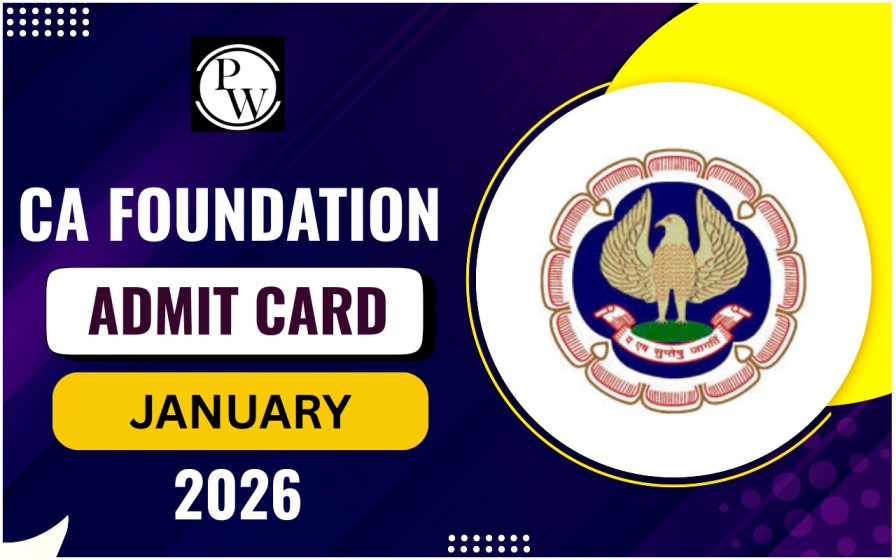
IFRS: Learn about the significance of International Financial Reporting Standards (IFRS) for your business in our comprehensive guide. IFRS offers transparency, accountability, and efficiency in accounting practices, recognized globally. Gain a thorough understanding of these universally accepted financial reporting standards with our detailed resources.
This guide aims to assist aspiring Chartered Accountants (CAs) in their preparation for the CA exams .What Are International Financial Reporting Standards (IFRS)?
International Financial Reporting Standards (IFRS) serve as a standardized set of accounting regulations governing the financial reporting of public companies worldwide. Their primary objective is to ensure consistency, transparency, and comparability across international markets. Currently, IFRS encompasses comprehensive guidelines applicable to 167 jurisdictions, including those within the European Union. It is imperative to note that the United States employs a distinct framework referred to as Generally Accepted Accounting Principles (GAAP). The issuance of IFRS falls under the purview of the International Accounting Standards Board (IASB), which continuously updates and refines these standards to meet evolving global financial reporting needs. It is essential to distinguish IFRS from its predecessor, the International Accounting Standards (IAS), which IFRS replaced in 2001, despite occasional confusion between the two.International Financial Reporting Standards (IFRS)
IFRS, or International Financial Reporting Standards, lays out rules for companies to keep their financial records and disclose their earnings and spending. These standards aim to create a universal accounting system that everyone, from investors to regulators, can understand worldwide. They ensure that accounting practices and statements are consistent across the board, helping businesses and investors make informed financial choices. These standards are crafted by the International Accounting Standards Board, which operates under the not-for-profit IFRS Foundation based in London. Their goal is to promote transparency, accountability, and efficiency in global financial markets.Difference Between GAAP and IFRS
In the United States, public companies must follow the Generally Accepted Accounting Principles (GAAP), a set of standards developed by the Financial Standards Accounting Board (FSAB) and the Governmental Accounting Standards Board (GASB). The Securities and Exchange Commission (SEC) has decided to stick with GAAP instead of adopting the International Financial Reporting Standards (IFRS). However, they are considering allowing IFRS information to complement U.S. financial filings. There are differences between IFRS and GAAP reporting. For instance, IFRS is more flexible in defining revenue, allowing companies to recognize revenue earlier. Consequently, a balance sheet prepared using IFRS may show higher revenue compared to one prepared using GAAP. Moreover, IFRS has different rules for reporting expenses. Unlike GAAP, IFRS permits expenses related to development or future investments to be capitalized instead of being reported as immediate expenses.Standard IFRS Requirements
IFRS, or International Financial Reporting Standards, is a set of rules that govern various accounting practices. These rules are mandatory for certain aspects of business operations.- Statement of Financial Position (Balance Sheet): This shows a company's financial status at a given time. IFRS dictates how the different parts of a balance sheet should be presented.
- Statement of Comprehensive Income: This can be presented as one statement or divided into a profit and loss statement and a statement of other income, like property and equipment.
- Statement of Changes in Equity (Retained Earnings): This documents how a company's earnings or profits have changed over a specific financial period.
- Statement of Cash Flows: This report summarizes a company's financial transactions within a certain period, categorizing cash flow into operations, investing, and financing.
Parent Company and Subsidiaries: A parent company needs to create separate account reports for each of its subsidiary companies.
History of IFRS
IFRS started in the European Union to help businesses and accountants share information easily within Europe. It became widely accepted as a standard way of accounting. While the U.S. and a few other nations have their own accounting rules and don't use IFRS, a total of 167 regions do, making IFRS the most commonly used accounting standard worldwide.Benefits of IFRS
In today's global business landscape, cross-border transactions are the norm, as many companies explore investment possibilities worldwide. Historically, international ventures faced challenges due to varying accounting standards across countries, which increased expenses, complications, and uncertainties in business agreements. However, IFRS solves this issue by promoting a unified global accounting standard, streamlining processes, and reducing risks for businesses operating internationally.What Is IFRS Compliance?
International financial reporting standards (IFRS) are followed in many countries and regions worldwide. To find out precisely where IFRS is applied, visit the official IFRS website. Adhering to IFRS standards is crucial for attracting investment and obtaining business credit. By actively striving for compliance, you can position your business for future success.| Related Links | |
| CA Exam Pattern 2024 | CA Exam Date 2024 |
| CA Syllabus 2024 | CA Notes |
| CA Registration 2024 | CA Eligibility Criteria 2024 |
International Financial Reporting Standards (IFRS) FAQs
What are International Financial Reporting Standards (IFRS)?
International Financial Reporting Standards (IFRS) are globally recognized accounting regulations that ensure consistency, transparency, and comparability in financial reporting for public companies worldwide.
How do IFRS differ from Generally Accepted Accounting Principles (GAAP)?
Unlike GAAP, which is used in the United States, IFRS offers more flexibility in defining revenue recognition and permits capitalization of certain expenses related to future investments.
What are the standard IFRS requirements for financial reporting?
Standard IFRS requirements include statements such as the Balance Sheet, Statement of Comprehensive Income, Statement of Changes in Equity, and Statement of Cash Flows, along with a summary of accounting policies.
How does IFRS benefit global businesses?
IFRS promotes a unified global accounting standard, streamlining processes and reducing risks for businesses operating internationally. It fosters transparency, comparability, and efficiency in financial reporting.
Why is IFRS compliance crucial for attracting investment and securing business credit?
Adhering to IFRS standards enhances credibility and trust among investors and creditors, facilitating easier access to investment opportunities and business credit, thereby positioning the business for future success.
🔥 Trending Blogs
Talk to a counsellorHave doubts? Our support team will be happy to assist you!

Check out these Related Articles
Free Learning Resources
PW Books
Notes (Class 10-12)
PW Study Materials
Notes (Class 6-9)
Ncert Solutions
Govt Exams
Class 6th to 12th Online Courses
Govt Job Exams Courses
UPSC Coaching
Defence Exam Coaching
Gate Exam Coaching
Other Exams
Know about Physics Wallah
Physics Wallah is an Indian edtech platform that provides accessible & comprehensive learning experiences to students from Class 6th to postgraduate level. We also provide extensive NCERT solutions, sample paper, NEET, JEE Mains, BITSAT previous year papers & more such resources to students. Physics Wallah also caters to over 3.5 million registered students and over 78 lakh+ Youtube subscribers with 4.8 rating on its app.
We Stand Out because
We provide students with intensive courses with India’s qualified & experienced faculties & mentors. PW strives to make the learning experience comprehensive and accessible for students of all sections of society. We believe in empowering every single student who couldn't dream of a good career in engineering and medical field earlier.
Our Key Focus Areas
Physics Wallah's main focus is to make the learning experience as economical as possible for all students. With our affordable courses like Lakshya, Udaan and Arjuna and many others, we have been able to provide a platform for lakhs of aspirants. From providing Chemistry, Maths, Physics formula to giving e-books of eminent authors like RD Sharma, RS Aggarwal and Lakhmir Singh, PW focuses on every single student's need for preparation.
What Makes Us Different
Physics Wallah strives to develop a comprehensive pedagogical structure for students, where they get a state-of-the-art learning experience with study material and resources. Apart from catering students preparing for JEE Mains and NEET, PW also provides study material for each state board like Uttar Pradesh, Bihar, and others
Copyright © 2026 Physicswallah Limited All rights reserved.









